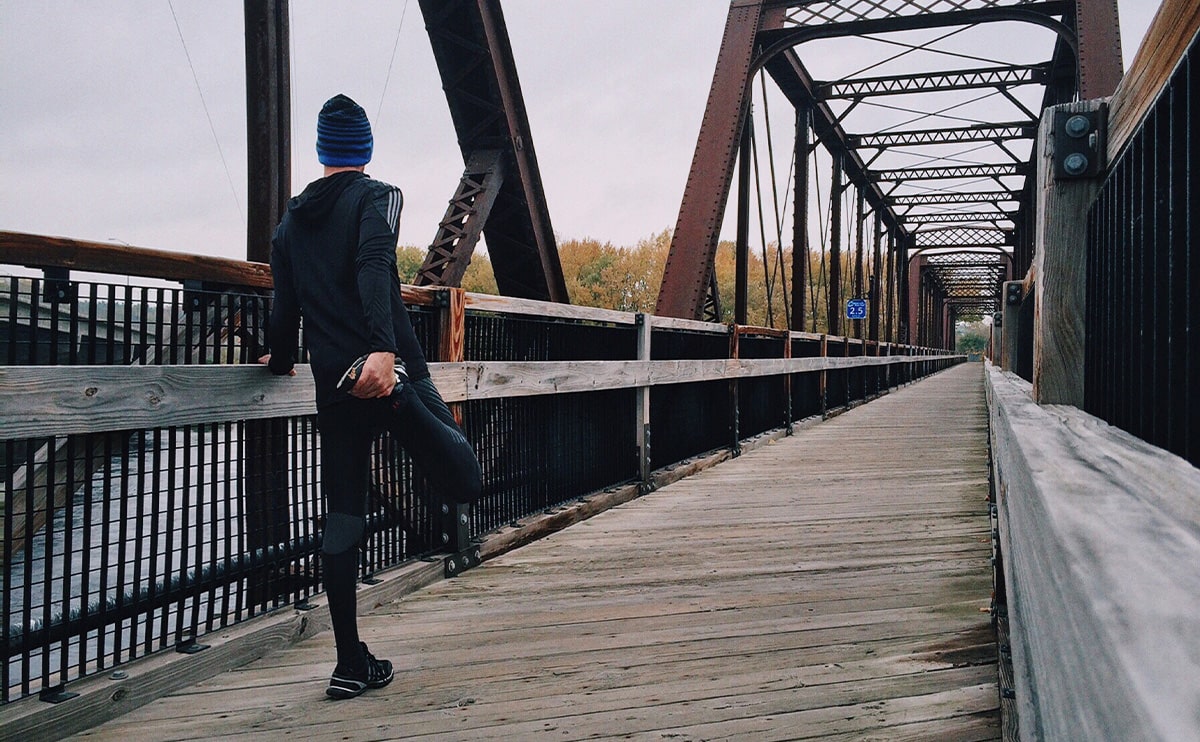Is Social Media Hijacking Your Mental Health?

Thursday, October 10th, is Mental Health Day. While the day is marked in the calendar, popping up an inspirational quote online and calling it a day is not enough. Today, stress and anxiety are on the rise more than ever before in all generations. And while we are better at talking about our feelings than our predecessors, societal progress in addressing mental health hasn’t kept pace with the growing impact of modern technology.
Human Connection
Let’s look at social media and how it impacts our mental health. Yes, social media has its positive aspects and has made the world a smaller and more accessible place for human connection in one sense; it has also altered our ability to connect with humans in person. For example, you are in a shop waiting in a queue; ten years ago, you would have struck up a conversation with the person beside you while you waited. Now, when you take your eyes off your phone, you will be met by the sight of a line of people engaging with people on a screen that is not physically beside them or scrolling aimlessly through a feed that affects their thoughts, emotions, tastes, and self-confidence. And yet, we know from experience that speaking to people when out and about can improve how we feel mentally, thus improving our physical health. According to the British Psychological Society, a study was carried out where commuters in Chicago were asked to speak to a stranger on the train. The results found that people were in a better mood after the interaction. Interestingly, before the interaction, most people predicted they’d prefer staying silent—showing how disconnected we’ve become from the power of human connection.
Sense of Self
We live in an age where we’re constantly observing other people’s lives through the filtered lens of social media. The highlight reels of influencers can lead us to believe that if we buy that top, follow that workout routine, or drink that specific protein shake every day, we’ll achieve their seemingly perfect life. But what we don’t see are the behind-the-scenes struggles—struggles that are just as real as our own. The danger in watching these curated, idealized versions of life is that it can make us feel like our own lives aren’t good enough. In reality, we’re comparing ourselves to illusions, often shaped for the purpose of selling products or maintaining an image.
This constant exposure to unattainable perfection is fueling higher rates of anxiety and depression, which ironically leads to more social media use as a way to escape the very feelings it creates. It’s a harmful cycle that’s becoming more entrenched in society.
Moreover, social media can erode our sense of identity. We become so fixated on emulating the tastes and styles of others that we lose touch with what we genuinely like or dislike. This loss of self-awareness can leave us disconnected from who we truly are.
What Can I Do?
One way to combat this is by regaining control and taking back your power from these billion-dollar companies. It’s time to start living your life on your terms again. Set timers on your social media apps that lock you out once you’ve reached your daily limit. Curate your feed to include people you actually know and have meaningful, real-life connections with, and block out the constant noise of the commercial world trying to pull you in.
By doing this, you’re choosing to reconnect with your true self rather than allowing algorithms to dictate your interests and self-worth. Start making intentional choices about how you engage with social media, and watch the positive effects ripple through your mental health and daily life.





